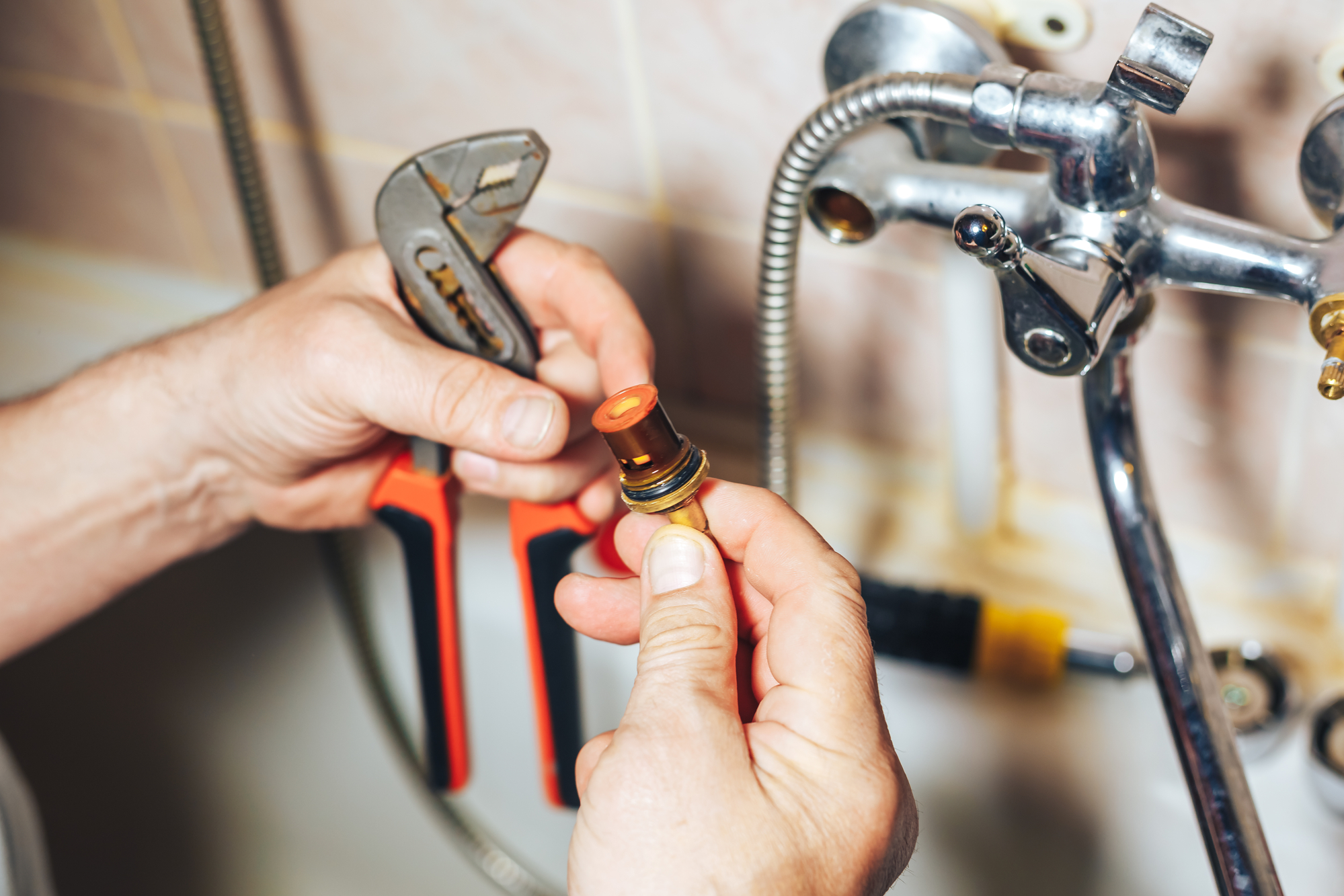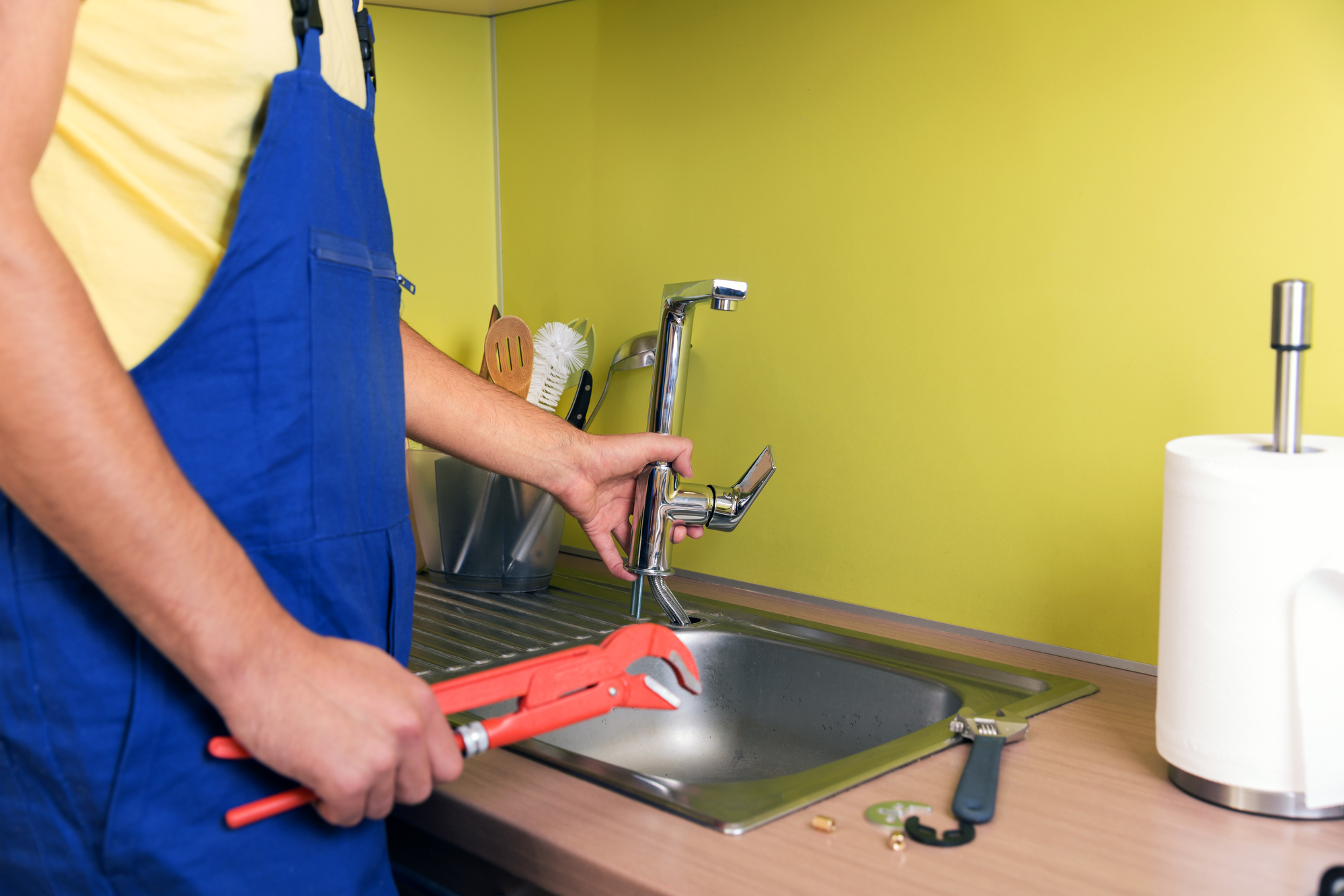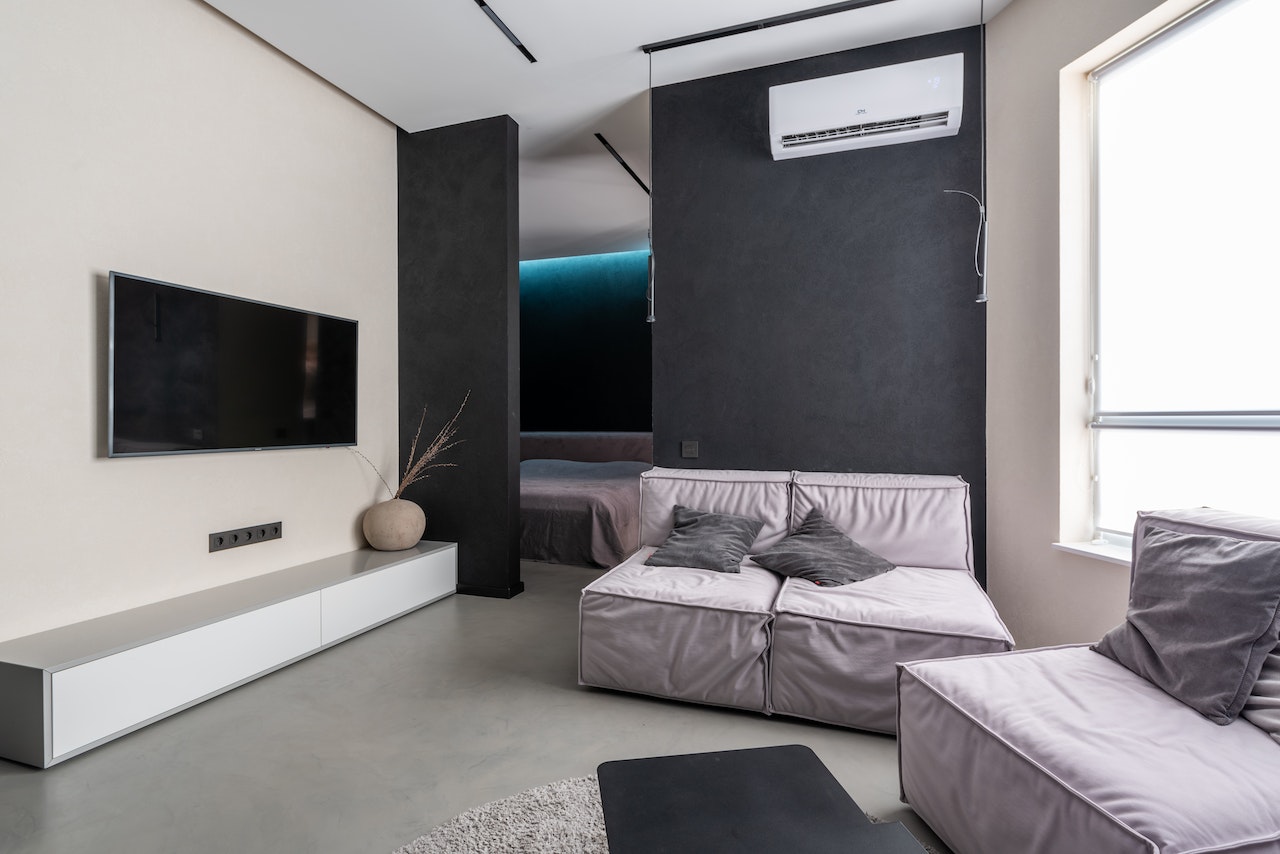As summer approaches, household-owners and tenants often find themselves struggling to maintain a comfortable temperature in their homes while keeping their energy bills in check. These struggles can be even more challenging for landlords and property managers who rent out their properties to tenants.
Air conditioning can significantly contribute to a rental property’s value and tenant satisfaction, but it can also be one of the most significant contributors to energy bills. Landlords and property managers in Australia must find a balance between their tenants’ comfort and their energy spend if they want to maintain profitable portfolios.
Here are some essential air conditioning tips for rental properties in Australia that can help landlords and property managers balance tenant comfort with energy costs.
1. Ensure That Air Conditioning System Is Maintained Regularly
The first and most crucial tip is ensuring the proper maintenance of the air conditioning unit. A well-maintained unit will operate efficiently, ensuring that the tenant is getting the comfort they need without spending more than necessary on energy bills.

A regular maintenance schedule should include cleaning or replacing the filters, checking the refrigerant levels, inspecting the coils and fins, and cleaning the condenser coils.
2. Use A Programmable Thermostat
Another effective way of balancing comfort and energy costs is by using programmable thermostats. They can help you save energy by allowing you to control when the air conditioner is running and at what temperature.
Programmable thermostats come in different types, including basic models that allow you to set different temperature settings throughout the day and more advanced models that can be controlled remotely using a smartphone or tablet.
3. Encourage Tenants To Use Fans
One of the most effective ways of reducing energy costs in rental properties is by encouraging tenants to use fans instead of air conditioning where possible.
Fans are perfect for circulating and cooling air in the home, especially when the air conditioner is not necessary. They are also more energy-efficient and cheaper to operate than air conditioning units.

4. Seal Air Leaks And Insulate The Property
Poor insulation can make it challenging to regulate the temperature in rental properties, forcing tenants to use more energy to stay comfortable. Landlords and property managers can seal air leaks in the property to retain cool air inside and prevent hot air from seeping in.
Insulating the property is another effective way to reduce energy costs, as it helps maintain a consistent temperature inside without overworking the air conditioning system.
5. Install Energy-Efficient Air Conditioning Units
Investing in energy-efficient air conditioning units can significantly reduce energy costs while keeping tenants comfortable. Energy-efficient units are designed to consume less energy while providing the same cooling effects as traditional units.
6. Set Reasonable Expectations With Tenants
Landlords should clearly communicate their expectations when it comes to air conditioning usage to their tenants. It is essential to balance their comfort with energy costs, so setting clear guidelines on when the air conditioning should be used, and at what temperature is important.
7. Offer Tips And Guidelines To Tenants
Providing tenants with practical tips and guidelines on how to maintain a comfortable temperature in their homes can help them make informed decisions that benefit both the tenants and landlords in the long run.
Some helpful tips include closing blinds or curtains during the hottest parts of the day, opening windows early in the morning and late in the evening, and using fans instead of air conditioning where possible.
In Conclusion
Balancing comfort and energy costs is critical for landlords and property managers who want to maintain profitable portfolios in Australia’s rental market. Proper maintenance of the air conditioning system, using programmable thermostats, encouraging the use of fans, sealing air leaks, insulating the property, investing in energy-efficient air conditioning units, setting expectations, and providing practical guidelines can help landlords keep their tenants comfortable while keeping energy costs down.
For tenants, following these guidelines can help them improve their comfort levels and reduce energy costs while living in rental properties.






